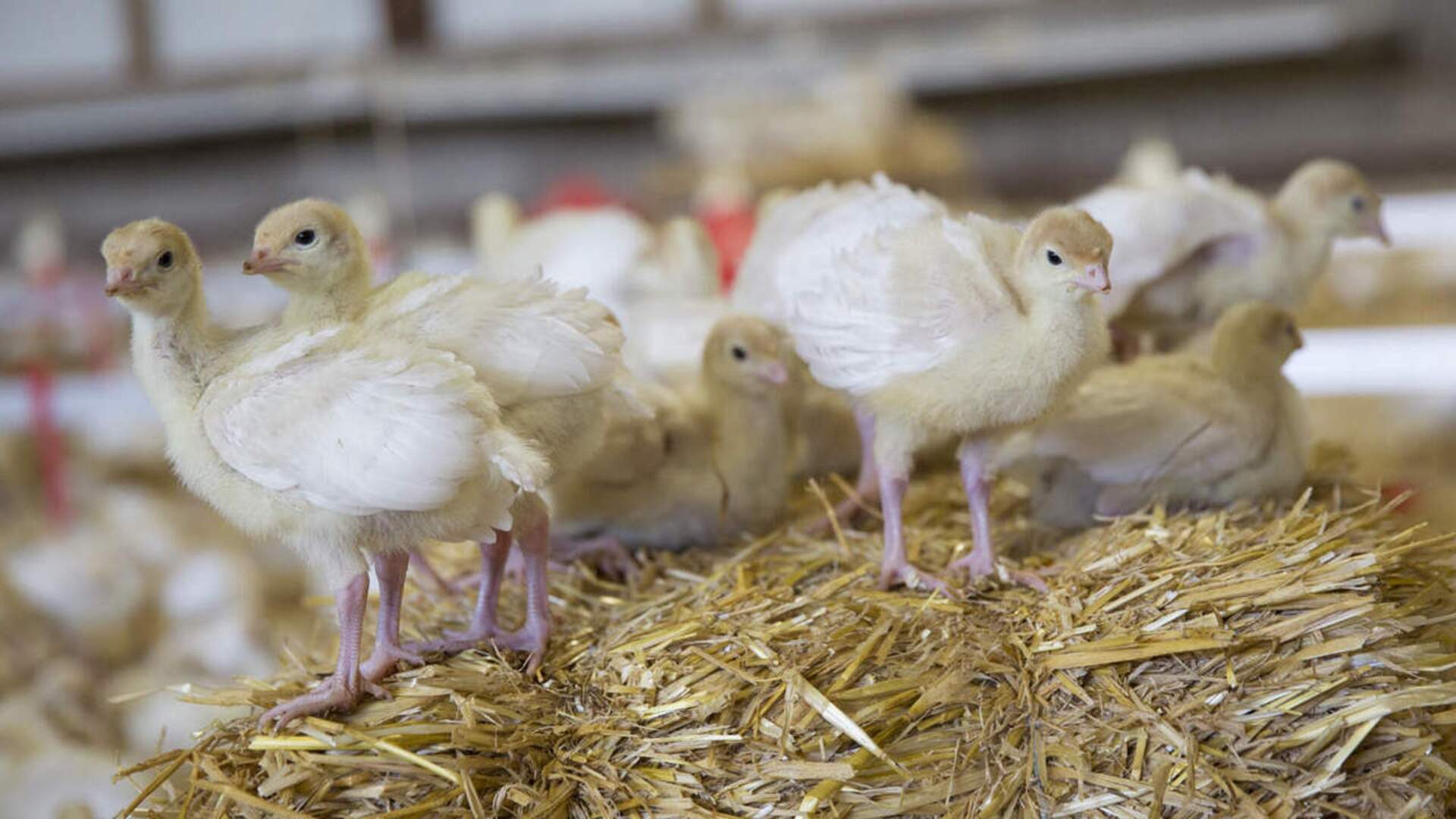Swiss minimum standards and beyond

The Huber Group was added to the Bell Food Group in 2016. The family-owned company with around 900 employees specializes in the production of poultry meat. Bell is thus responding to the growing demand for high-quality poultry products. "Animal welfare is a high priority for Swiss consumers and is an important aspect when making purchasing decisions. We also want to meet consumers' expectations regarding animal welfare when it comes to imported meat. That's why Bell and Coop launched the <BTS project> for imported poultry products in 2013," explains Basil Mörikofer, Project Manager Sustainability at Bell Switzerland. The Huber Group is an important partner in this endeavor.

The minimum requirements in the project are the provisions of Swiss animal welfare legislation. However, Bell goes one step further and introduces guidelines similar to the Swiss BTS program for foreign poultry farms. In Switzerland, the federal government's animal welfare program "Particularly animal-friendly housing systems BTS" promotes animal husbandry that takes greater account of the needs of farm animals. Compared to the animal husbandry requirements in the EU, Swiss animal welfare legislation is much stricter.
In the EU, poultry farming without daylight is permitted and has a comparatively high number of animals per square meter. In Germany, a stocking density of 58 kilograms per square meter is the norm for turkeys, while in Switzerland only 36.5 kilograms are permitted and natural daylight is mandatory in the stables. The BTS standard also stipulates raised seating in the barn and access to an outdoor climate area (conservatory), which must cover at least 20 percent of the barn area. Implementing the BTS project means an intensive search for suitable partners and several years of intensive development work. Farmers must be informed and convinced to make the necessary investments. Finally, building permits must be obtained, barns converted and rebuilt and the fatteners advised. The participating farms are closely supported by Bell in this development. Bell and Coop visit the farms and independent bodies carry out annual inspections. The Swiss Animal Protection STS also supports the project in an advisory capacity. "The BTS certification of foreign poultry meat is a first in Switzerland and an important milestone for our project," explains Basil Mörikofer